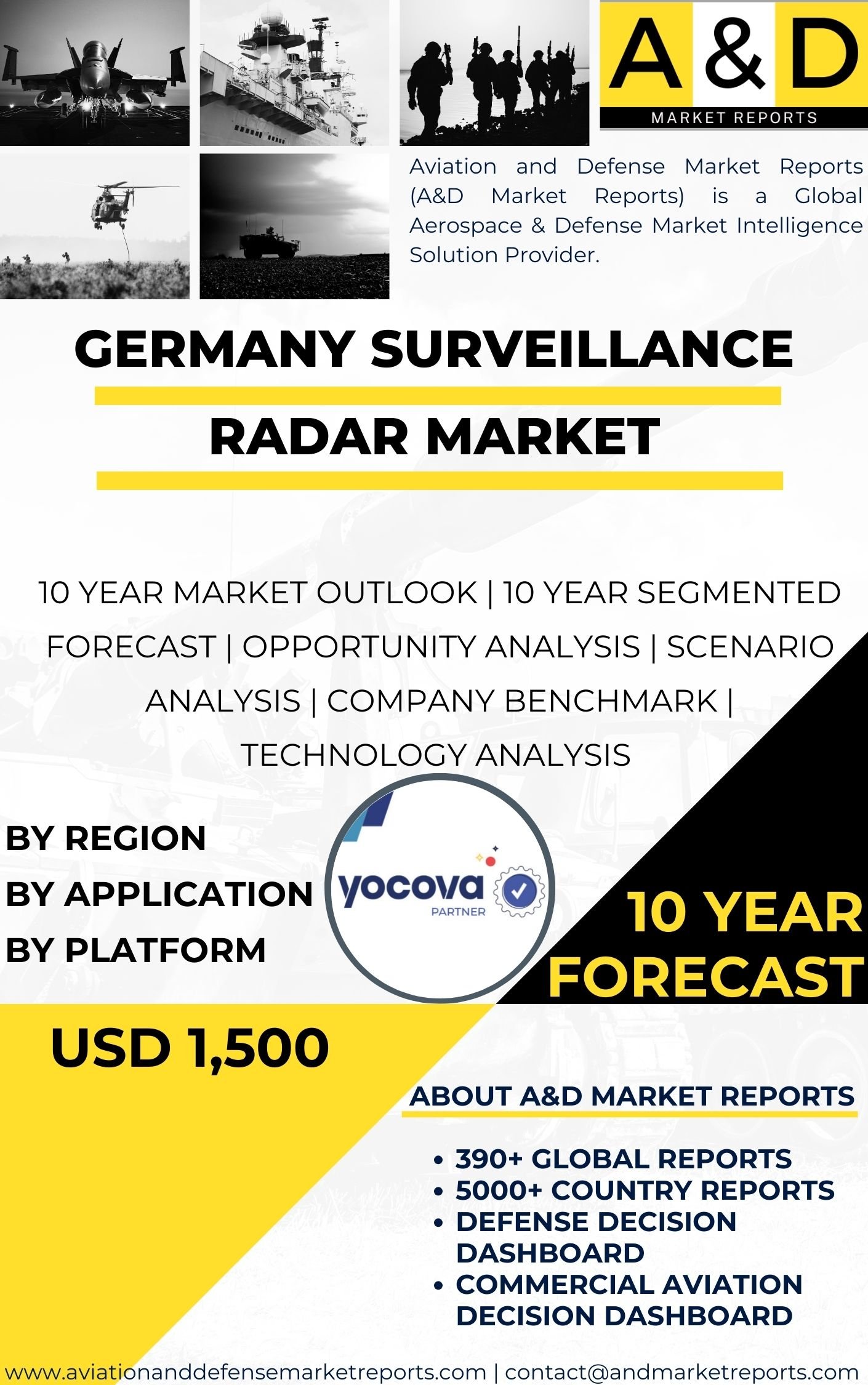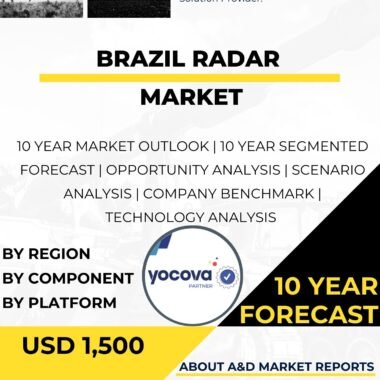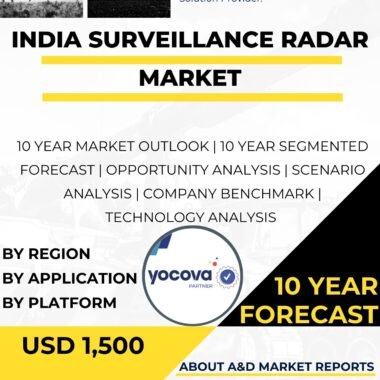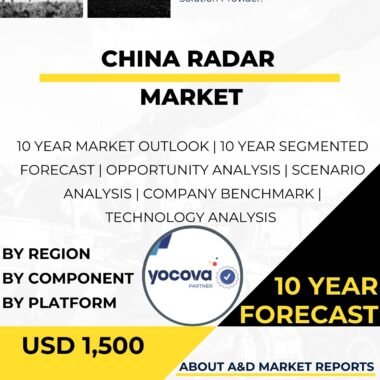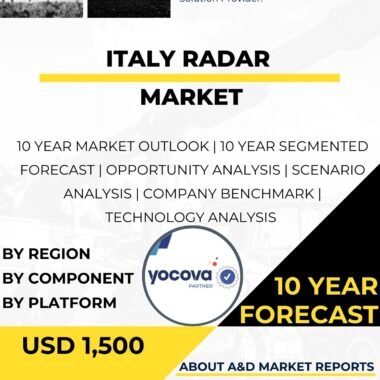Description
Germany surveillance radar market has been a significant and dynamic segment within the country’s defense and aerospace industries. Surveillance radars are critical sensors used for detecting and tracking objects in the airspace, including aircraft, drones, missiles, and other aerial threats. These radars play a crucial role in enhancing Germany’s situational awareness, air defense capabilities, and national security.
The Germany surveillance radar market is influenced by several factors, including the country’s commitment to national defense, its role as a key member of NATO, and its recognition of the importance of advanced radar technology in safeguarding its airspace and territorial integrity. As a leading European economy and a technologically advanced nation, Germany understands the significance of investing in cutting-edge radar systems to address the evolving challenges in the modern security environment.
The market encompasses both domestic production and imports of surveillance radars and related technologies. Germany is home to reputable defense contractors and technology firms that develop and manufacture a wide range of radar solutions, including ground-based surveillance radars, air defense radars, maritime surveillance radars, and surveillance radars for unmanned aerial vehicles (UAVs). These companies cater to both the domestic and international markets, supplying surveillance radars to various customers worldwide.
The Germany surveillance radar market is characterized by a focus on innovation and technological advancements. Companies in Germany continuously strive to develop state-of-the-art radars with improved detection range, accuracy, and electronic countermeasures capabilities. The integration of advanced signal processing algorithms, digital beamforming technology, and multi-function capabilities has been a key area of research and development to enhance the performance of German surveillance radars.
The export potential of German surveillance radars is another important aspect of the market. Germany’s reputation for producing high-quality and reliable defense equipment has made it an attractive supplier for other countries seeking advanced radar solutions. However, export decisions are subject to international regulations and political considerations, especially when it comes to the export of sensitive military technologies.
The Germany surveillance radar market also addresses challenges related to spectrum management and interference. As the electromagnetic spectrum becomes increasingly congested, radar operators must ensure that their systems can operate effectively in challenging and cluttered environments.
Moreover, the Germany surveillance radar market must address concerns related to airspace safety and civilian aviation. Coordinating surveillance radar operations with civilian air traffic management systems is essential to prevent interference and ensure the safety of civilian flights.
In recent years, there has been a growing emphasis on the use of surveillance radars for border security and maritime surveillance applications. Germany is investing in the development and deployment of surveillance radars to monitor its borders and coastal areas, detecting and tracking potential threats from unauthorized border crossings and illegal maritime activities.
Challenges faced by the Germany surveillance radar market include the need to adapt to evolving threats and technological advancements. As the nature of aerial threats and security challenges evolves, surveillance radars must continuously evolve to address new threats, including low-observable aircraft, stealth technology, and small UAVs.
The market also needs to address concerns related to cost-effectiveness and the need to balance investments in radar technology with other defense and security priorities. Surveillance radars can be resource-intensive to develop, procure, and maintain. Decision-makers must carefully prioritize investments to ensure that radar capabilities align with Germany’s broader defense and security requirements.
In conclusion, the Germany surveillance radar market is a significant and dynamic segment within the country’s defense and aerospace industries. Advanced surveillance radars play a crucial role in enhancing Germany’s airspace security, air defense capabilities, and situational awareness. The market is driven by Germany’s commitment to technological advancement, advancements in radar systems, and the need to balance investments with other defense and security priorities. As Germany continues to invest in research and development and explores innovative radar solutions, the surveillance radar market is expected to play an increasingly pivotal role in shaping the country’s defense capabilities and ensuring its airspace security.
